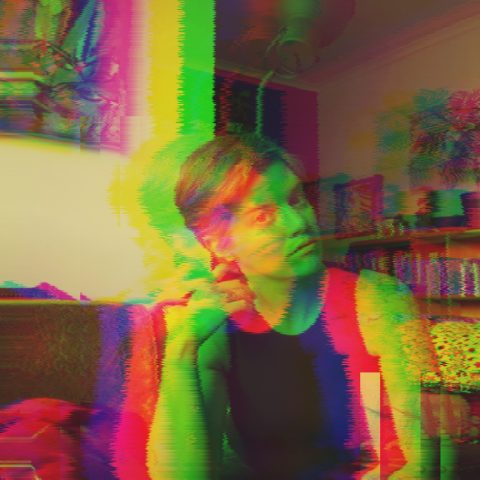I’ve been thinking a lot about the film Melancholia (Lars von Trier, 2011). I saw it shortly after it came out, when I was writing my PhD, and a chapter on apocalyptic cinema, and everyone kept recommending it to me. I saw it once, and I haven’t seen it since. At the time, I didn’t like it very much. I had been moving away from film scholarship, firmly in favour of philosophy, media and gender, and I was rapidly losing interest in the kind of ‘art’ films that demand several hours of life without clear reward. And honestly, I’ve always preferred the frenetic avant-garde of Roland Emmerich to the quiet, considered filmmaking that uses pace as a disciplinary tactic, punishing an audience with duration. Life’s hard enough.
It also doesn’t work as apocalyptic cinema, because the key appeal of the end of the world is the end of everyday life. When the world ends, you want the rules to be suspended. No more capitalist obligation, just running around, dodging collapsing buildings and spearing zombies. The end of the world in Melancholia is a slow, looming dread, in the form of a not particularly subtle mass on the horizon, while everyday existence (cooking, cleaning, caring for children, relationship issues) goes on as it always has. Except that it doesn’t, because all those activities are now performed under the burden of that threat, and fundamentally altered by it.
It turns out that Melancholia is in some ways, a perfect metaphor for living through the COVID-19 pandemic.
In 2020, sometime around the first or second lockdown in Melbourne, I had the thought, as I’m sure many people did, of if this is the end of the world, or at least of the kind of living we’re accustomed to, how come I still have to work? And pay bills? But of course we did, and do, because this is, naturally, the apocalypse under capitalism. Stay home, and work is all you’ll do. What’s cancelled, when the end comes, is relief from drudgery, not the drudgery.
Those of us who have ‘stayed home’ during these lockdowns have been reminded often that it is a privilege, and it absolutely is, to be able to do. In much the same way that as Claire Colebrook as noted, in apocalyptic cinema, the end of the world for the rich (white) west looks a lot like ‘the conditions in which most humans live as their day-to-day reality’ (2017). At the same time, as Melancholia reflects, the lack of movement, coupled with ever-present anxiety, creates a kind of entrapment that’s difficult to shake. I’m exceptionally privileged in my ability to mostly avoid human contact, and have been vaccinated, but after two years, the looming planet of COVID-19 (anxiety) overshadows the relief of venturing outside.
